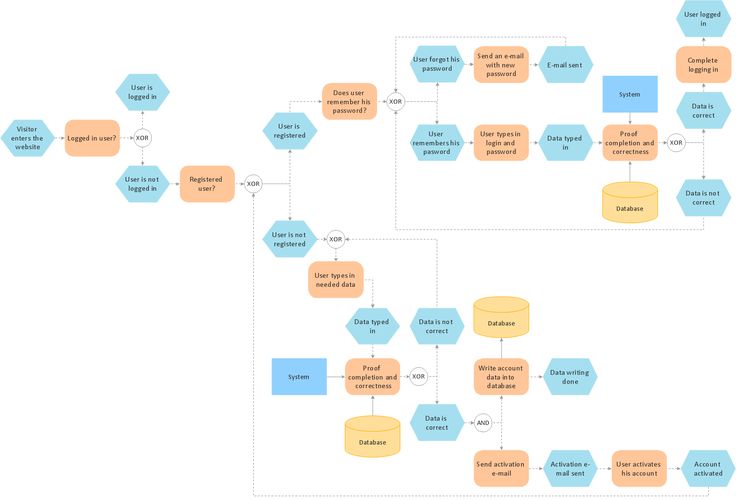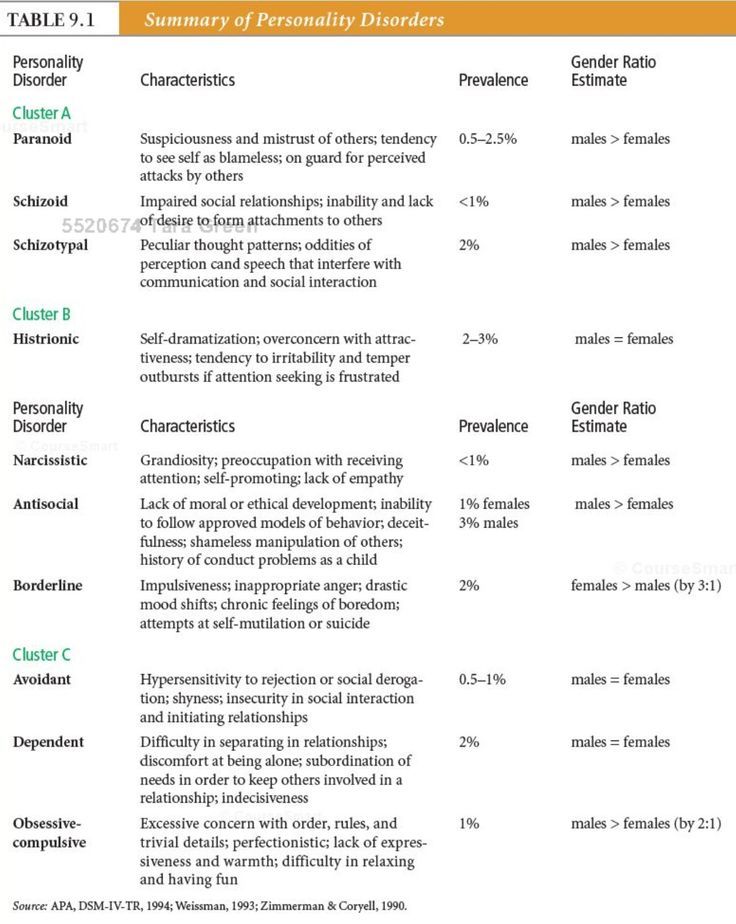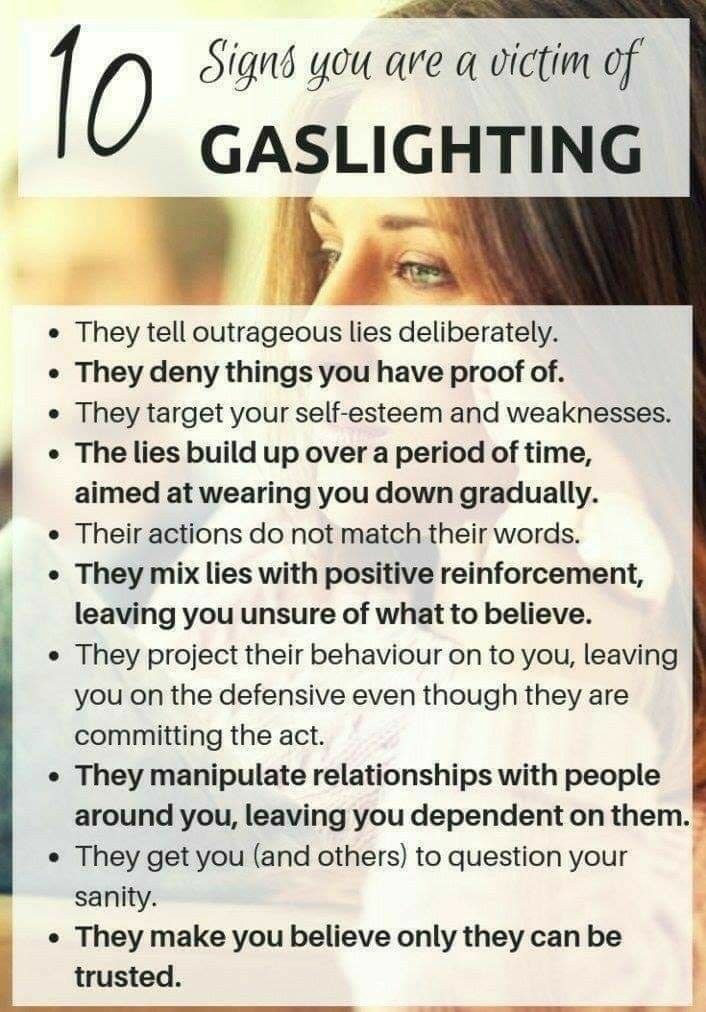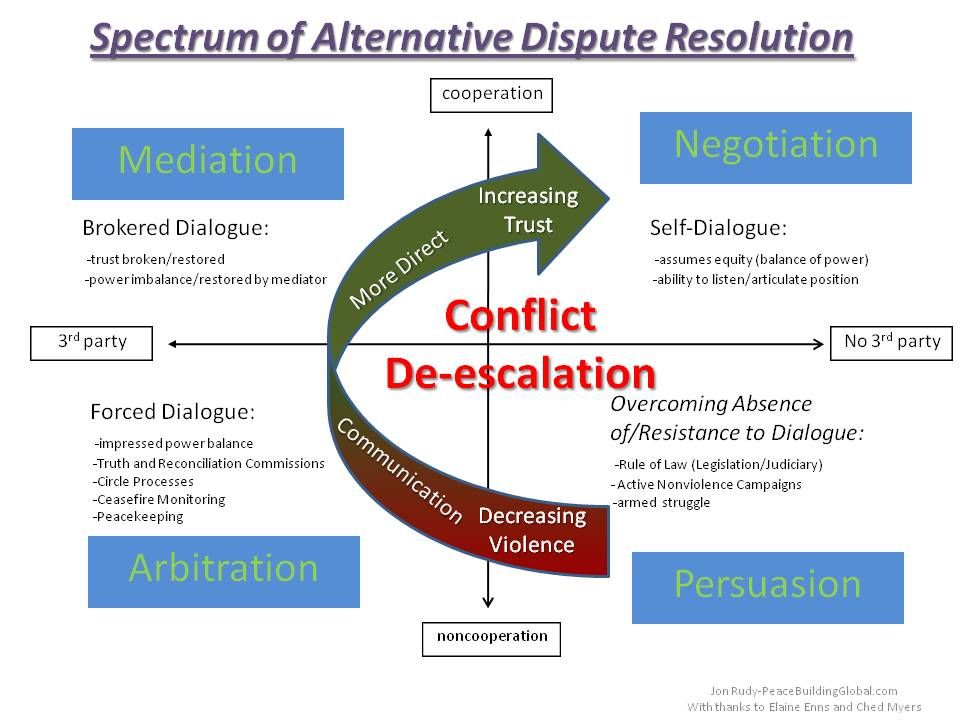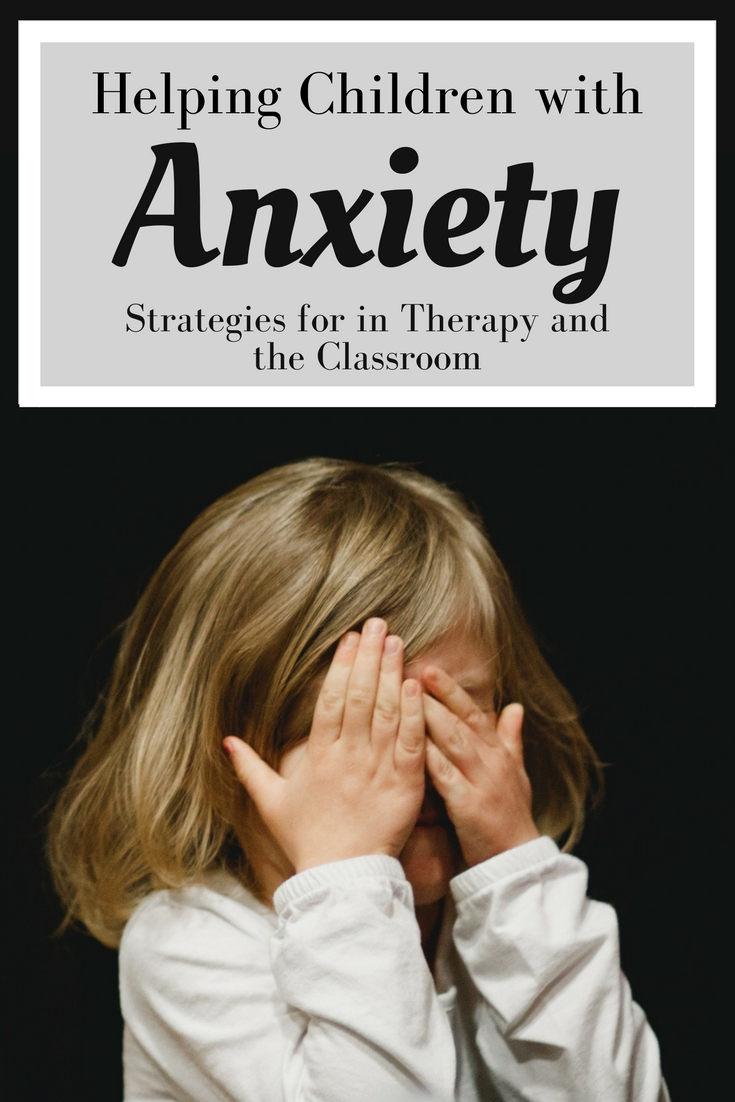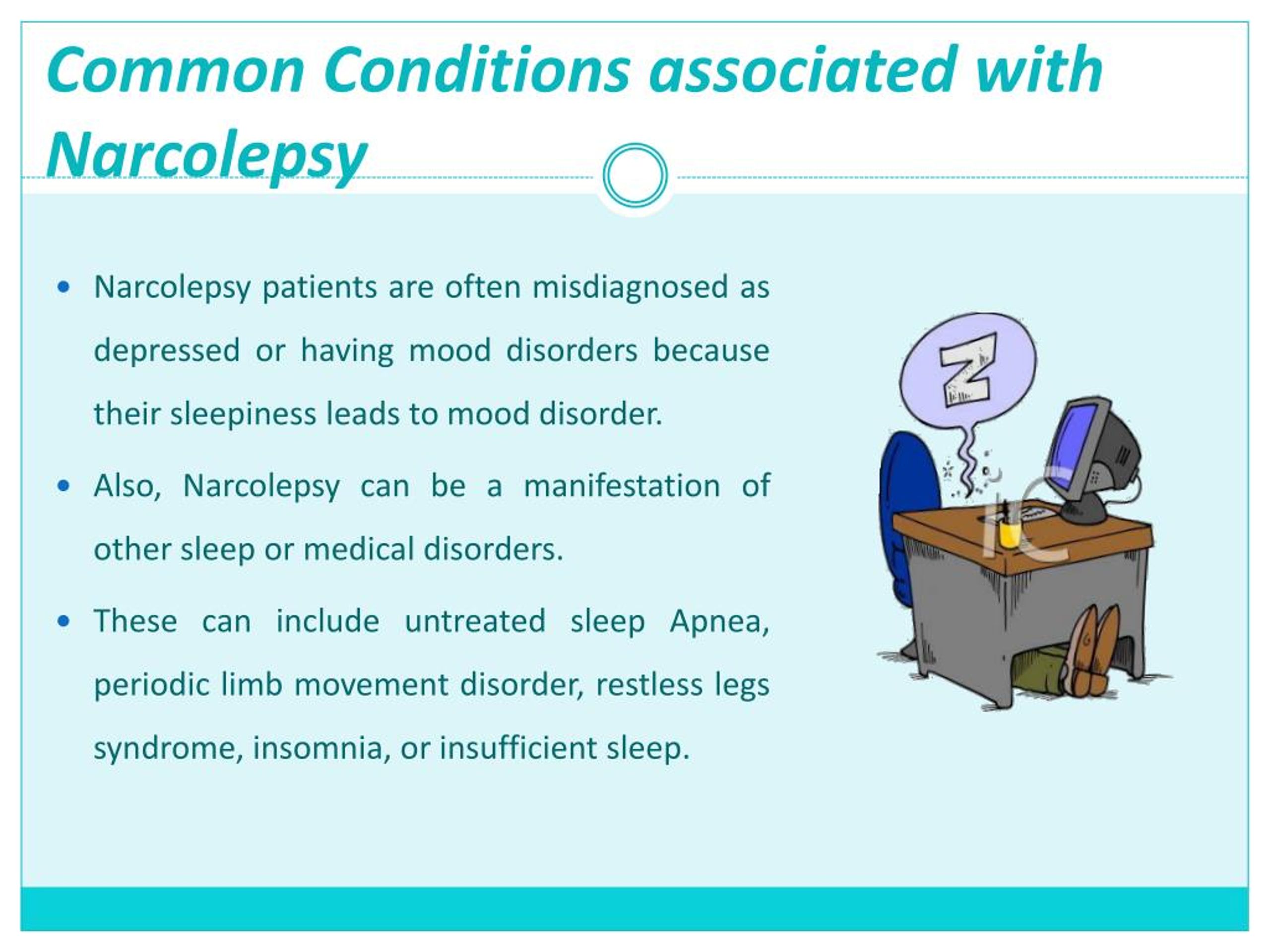Life balance expert
A Q&A With Work/Life Balance Expert Samantha Ettus
Did you miss our Twitter chat with work/life balance expert Samantha Ettus? No worries. We have all the answers to your questions right here.
Samantha is a bestselling American author, speaker, TV contributor and syndicated radio host. She regularly appears on shows such as Access Hollywood, the Today show, Home and Family and Fox and Friends, among others. Her goal is to help women to perform at their highest levels in their professional and personal lives.
How do you define your professional mission?
My mission is to help all women reach their full potential!
What was the biggest “learning moment” of your life?
On the personal front, I was married and divorced in my twenties. It was painful and a challenge to overcome. Professionally, my last four books were anthologies and this is the first book I am writing solo.
What has your work experience taught you about life?
In business and in life, surround yourself with curious people and you are guaranteed to grow.
What are tricks to managing work and life well?
Be unapologetic. Don't hide your family at work and don't apologize to your family for working! Also, the most successful people are single or have a partner who supports their dreams. Choose wisely!
How do you turn your passion into a business?
You focus and you become obsessive about knowing all the major players, researching and immersing yourself in it.
Are there certain industries that are better for work/life balance?
No! There are no bad industries, just bad bosses, and they appear even in "good industries."
What have been your biggest career challenges to date?
My greatest challenge is finding ways to scale, to reach as many women as possible with my message. I have had to say no to some opportunities, but I know I can't do everything, so I don't look back.
What has writing a book taught you?
I've interviewed 200 women and among the takeaways, I learned that I need to prioritize my health.
What are some of the biggest mistakes women make when dealing with work/life balance?
It's your job (Not your company's) to set the boundaries necessary for you to have a thriving life.
What advice do you have about creating a personal brand?
Think about your business, boards, speeches, your appearance. What story do they tell? Manage your personal brand on social media. Maintain consistency and focus across platforms.
Who inspires you?
I am inspired by my kids and by those who manage thriving professional and their personal lives.
Who has been the biggest influence in your career journey?
My parents made me believe I could do anything with hard work. And I've had champions along the way.
What advice would you give women who are re-entering the workforce after having a baby?
Make your passion and devotion to your work crystal clear. Give them no chance to doubt you. Don't ask for flexibility until you have the offer in hand. Once they have fallen for you, ask
Don't ask for flexibility until you have the offer in hand. Once they have fallen for you, ask
What is the most important strength women bring to business?
I see every business as a mosaic. If all of your tiles look the same, your business won't shine.
Did you always think you would do what you are doing now?
I wanted a career in journalism. I write and appear on television regularly. Related but not exact.
How do you stay resilient when things get tough?
I lean on my inner circle and I don't let myself spend time living in the past lane.
What advice would you give your 20-year-old self?
I was the most ambitious unstoppable 20-year-old. I could probably use her advice now.
Work-Life Balance: Expert Advice On Why It Matters And How To Achieve It
Skip to main content
Work-Life Balance: Expert Advice On Why It Matters And How To Achieve It
Words by Jianne Soriano
October 14, 2020
'carousel left' 'carousel right'Cover We ask the experts for advice on how to achieve work-life balance (Photo: Unsplash. com)
com)
With travel restrictions, lockdown and quarantine, the healthy boundary between work and life has been blurred. We speak to experts on how to achieve work-life balance during these trying times
The coronavirus pandemic has affected the way we live. From feeling more stressed or anxious, heightened feeling of loneliness and increased burnout, we're all trying to navigate the new normal under these unprecedented times. It comes as no surprise that our work-life balance is also affected especially how the traditional way of "work" has changed and how isolation and quarantine have stopped us short from doing things that we enjoy.
To better understand how we can find our footing during these times, we sought two experts––leadership and life coach, Monica Browning and Kathy Caprino, leadership consultant, author and featured contributor for Forbes––on advice on how to achieve work-life balance.
See also: How To Cope With Stress And Anxiety During Covid-19 According To Hong Kong Mental Health Experts
What is work-life balance?
Above Work-life balance is important to maintain a healthy physical and mental state (Photo: Pexels.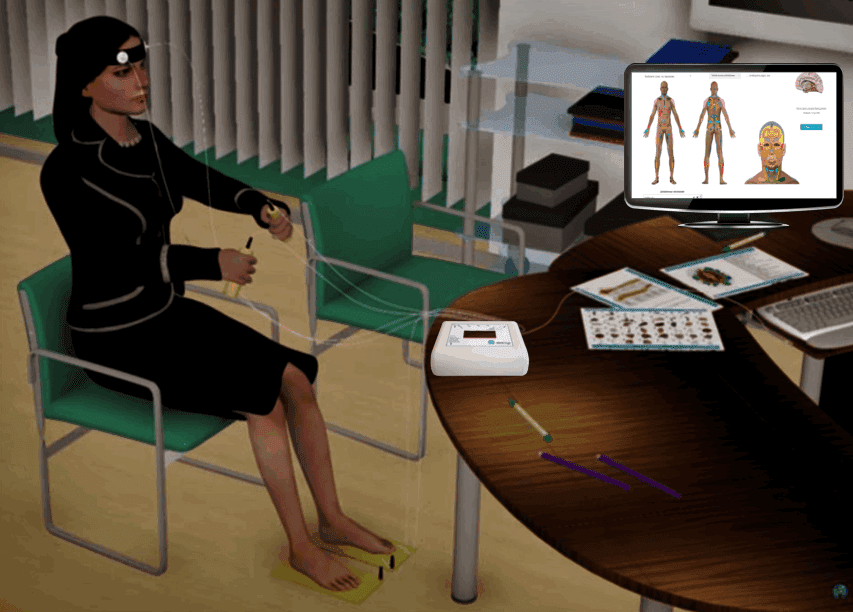 com)
com)
Kathy: Work-life balance, in my view, in an embodiment of our ability to manage and negotiate our many (often conflicting) desires, wants and responsibilities in a way that enlivens us rather than depletes and drains us. It requires strong boundaries, and a strong sense of self-love and self-acceptance, as well as the ability to say “no” to what we don’t want, without drowning in guilt and fear.
Monica: It is the ability to find an acceptable and happy equilibrium between time and energy spent on ‘work’-related activities versus how we spend our time and energy outside of ‘work’ (and this ‘work’ may be paid or unpaid). The ability to create a life or lifestyle that is optimal for you.
See also: How To Digital Detox According To A Wellness Expert
Why is work-life balance important?
Kathy: Without the ability to balance how you work and how you manage your life outside of work, your mental, physical, emotional and spiritual health suffers. One of the most damaging regrets is "I wish I hadn’t worked so hard and missed out on so much". So many men and women in middle age share that they regret what they’ve missed out on in life, by working so hard. They missed so much and sacrificed so much to pursue work goals that now feel meaningless and empty.
One of the most damaging regrets is "I wish I hadn’t worked so hard and missed out on so much". So many men and women in middle age share that they regret what they’ve missed out on in life, by working so hard. They missed so much and sacrificed so much to pursue work goals that now feel meaningless and empty.
Monica: As individuals, without our health, life can be a struggle and can feel hard and be debilitating. A healthy work-life balance can mean reducing or avoiding some of the consequences for the individual for example:
- Fatigue, stress, burnout or other mental health issues
- Ineffective use of time and lower productivity
- Lack of confidence and lower self-esteem, self-belief in one’s own abilities (feeling like you can’t cope)
- Difficulty managing personal relationships or family relationships
- Having a healthy work-life balance can also contribute to us feeling more valued both inside and outside of the workplace.
 If your employer values that you need time to care for a sick relative (or even care for yourself) and gives you the time and support to do what you need to, you will inevitably feel better about who you work for and even be willing to go the extra mile for them. The same can be said for our partners, friends and families.
If your employer values that you need time to care for a sick relative (or even care for yourself) and gives you the time and support to do what you need to, you will inevitably feel better about who you work for and even be willing to go the extra mile for them. The same can be said for our partners, friends and families.
See also: What Is Burnout: Expert Advice On How To Manage and Prevent It
Do you think the current pandemic is affecting our work-life balance?
Above The pandemic has affected us in some shape of form (Photo: Pexels.com)
Monica: Yes, absolutely! It’s hard to know who hasn’t been impacted by this pandemic in some way shape or form.
- Physical working environments: For some people, having a clear workplace makes it easier to define or delineate the boundary with work and personal life—or life outside of work. The pandemic has moved many people to work from home, which in turn has massively blurred the boundaries within work and home life.

- Work from home: For many people unaccustomed to working from home, this has been one of the greatest challenges and for a number of different reasons. In Asia, in particular, this has been a particular challenge because 1) many of our homes or living space are small, making it a great challenge to share the space with those forced to work from home 2) with schools shut down and children required to complete their studies at home and online, this has brought particular high stress to parents.
- Technology: While technology has brought speed, greater efficiencies and costs reduction to many, there is also a sense that technology has led to higher expectations in terms of response times and a sense that some people feel they need to be connected 24/7. Being out of sight (not been seeing physically in the workplace) has led to many people feeling that they need to be "seen" to be contributing/productive by either being online longer or sending more emails.

- Job security: The impact of the pandemic globally has unfortunately impacted job security for many people, organisations and industries. As a result, people are working ‘harder and longer’ due to fear of losing their job.
- Restricted movement: With many recreational facilities closed e.g. swimming pools, gyms, beaches and even playgrounds for children many feel that some of their choices have been taken away in terms of being able to de-stress. Restrictions on social gatherings have also meant less movement and less social interactions.
- Vacation: Many people have not taken their holiday entitlement and have worked through the time when they would normally have an enforced or natural break. This is absolutely having an impact on the work-life where people are feeling tired and exhausted from not having taken a break.
See also: How To Stay Positive During the Pandemic: Tips from The Tatler Community
What are some ways we can achieve work-life balance?
Above Our experts give their advice on how to achieve work-life balance (Photo: Pexels. com)
com)
Kathy: Identify where you can take action to ask and empower others—your spouse, children, colleagues, subordinates, others—to take on more responsibility, wherever possible and appropriate. An essential corollary to this is freeing yourself from guilt and shame about needing and wanting help and remember that getting help is a way of saying "yes" to what matters most.
- Address what you fear the most: The more locked away your fears are from our conscious thought, the more they drive you to behave in unsatisfying, self-destructive, and limiting ways—without your awareness or consent. If you're finding it impossible to enjoy your life and figure out your top life priorities (let alone honour them), I'd take a look at your deepest fears. How are they driving and limiting you, and wearing you out?
- Get help from others: Receiving help from other people in your life is essential. We can't do what we dream of and live happy, rewarding lives without the support.
 If managing everything on your plate is overwhelming, reach out and ask for help.
If managing everything on your plate is overwhelming, reach out and ask for help. - Make joy and fulfilment the barometer: If how you felt every moment of every single day was your barometer for "success," how would you be doing? Is all this crazy running around, exhausting yourself and driving yourself to distraction, bringing any peace, joy, or fulfilment at all? Can you even be present in the lives of your children or loved ones if you're driven and obsessed? The obvious answer is "No".
- Decide once and for all that you deserve to live a joyful, fulfilling and balanced life, and will commit to doing what’s necessary to become the most powerful, impactful and healthy version of yourself. Then get on the brave pathway to becoming that most powerful you, every single day.
Monica:
- Be clear on your values—what’s really important to you and where do you want or need to be spending your time.
- Clarify what’s important compared to what's urgent and choose wisely.

- Manage your energy and your time. If you know you’re a morning person, try and front-load your day to be as efficient as possible when you know you work best.
- Have a conversation with your employer about what you need and take your holiday entitlement (no matter how big or small)
- If you’re working from home, set up a routine and communicate this to your colleagues/co-workers. Remember to "switch-off"
- Make time to sleep, relax, exercise and eat healthily. Don’t underestimate the importance of sleep and rest, nutrition and exercise to your overall sense of wellbeing, productivity, mood, and efficiency.
- Find time to breathe or meditate. This may seem like a silly thing to say but often when we are feeling stressed or anxious, we forget to breathe (subconsciously). We hold our breath and we go to a heightened level of stress or anxiety. Breathing increases the oxygen to the brain and helps calm down the nervous system—it plays a vital role in our wellbeing and sense of calm.
 Meditation has a similar impact to breathing so if until now you’ve been meditation-curious and experiencing some stress or anxiety, maybe now is the time to explore a little bit of easy meditation. But as a start, deliberate and mindful breathing can have a very calming and positive impact.
Meditation has a similar impact to breathing so if until now you’ve been meditation-curious and experiencing some stress or anxiety, maybe now is the time to explore a little bit of easy meditation. But as a start, deliberate and mindful breathing can have a very calming and positive impact. - Don’t be so hard on yourself! This is perhaps one of the most important tips. Many people will set unrealistically high expectations of themselves, their to-do list is a mile long and they are trying to be all things to all people.
See also: 7 Alternative Wellness Therapies To Try In Hong Kong
- Tags
- work-life balance
- mental health
- covid-19
- meditation
- positivity
© 2022 Tatler Asia Limited. All rights reserved.
All rights reserved.
How to build a Work & Life balance: 7 rules from an expert
In recent years, the concept of Work & Life balance has become quite commonplace in Europe and the USA. It implies achieving a balance between the time intended for work and personal life, leisure.
Irina Podrez , an expert in online sales, author and founder of PODREZ Studio , will help you figure out how to find this golden mean, who shared her seven rules for creating Work & Life balance.
1. Set boundaries and stick to a schedule
Sticking to a strict schedule is the key to maintaining work-life balance. It is necessary to provide time for everything: career, family, dates with her husband, training, meeting with a girlfriend.
The main thing to remember is that if something is not in the schedule, it is not in life either.
Because it is much more likely that an empty window in the plan will be occupied by another business meeting than an opportunity to spend time with children or a spouse. This certainly would not have happened if it had been filled in advance.
This certainly would not have happened if it had been filled in advance.
2. Do not take on more than 8 roles
In everyday life, people have to try on many different social roles. The same person can be a leader in some ways, and a subordinate in some ways, a loving parent, an ambitious careerist, a mentor or a spouse.
It has been scientifically proven that in order to maintain control over one's own life, the number of such roles should not exceed 8. Violation of this rule can lead to emotional overwork and mental imbalance.
3. Delegate, simplify and get rid of
It is important to remember that all the work in the world cannot be redone - some will have to be delegated to others. One more part should be reconsidered and simplified wherever possible. It would be best to skip the last part altogether if there are more valuable things to devote this time to.
It is best to keep only that part of the work that no one else can do so well.
4. Build your own balance wheel
The term "Wheel of Life" (or otherwise "Wheel of Life Balance") is a psychological technique used to harmoniously distribute one's time between all areas of life. In a typical balance wheel, there are 8 areas: career, family, friends, health, hobbies, finances, leisure, and personal development. This distribution may differ depending on the interpretation.
Only 6 or even 4 spheres can be allocated in a personal wheel. Everyone is free to set their own priorities. But having compiled the wheel, it is imperative to ensure that the affairs in the diary are scheduled for all selected categories.
The wheel of balance will help to pay attention to those areas of life that are given too much time, and which, on the contrary, are missed. So, for example, if health or meeting with friends is a priority, the corresponding sectors for these items should not be empty.
5. Find a hobby
Meditation, yoga, dancing, drawing - you need to find something for the soul, not for the result. But here it is important to feel the difference between a real vacation and another job. After all, you have to go to the same gym with a specific goal - to lose a couple of kilograms, pump up.
But here it is important to feel the difference between a real vacation and another job. After all, you have to go to the same gym with a specific goal - to lose a couple of kilograms, pump up.
It is very useful for emotional release to have a case in which the process itself means much more than the result.
6. Take care of health
Health is one of the most valuable wealth that nature has endowed a person with. In no case should you systematically sacrifice it in order to achieve greater career advancement. All malnutrition, sleepless nights and overwork return over the years with irreparable complications that definitely were not worth the money for which the forces were wasted.
You can not ignore the occurrence of any discomfort in the body, fever, pain. Neglect can lead to aggravation of the situation and more serious diseases that take even more time than a simple rest or visit to the doctor.
The right step towards maintaining a healthy lifestyle is to address the issue of proper nutrition, set aside several hours a week for sports, and do a daily workout. These small but timely efforts can bring a lot of benefits and a positive impact on productivity.
These small but timely efforts can bring a lot of benefits and a positive impact on productivity.
7. Limit time spent on social networks
Intentionally limiting time spent on social networks has a very positive effect on productivity and clarity of thought. It should be minimized as much as possible, and even better - provide for special hours in the schedule for this.
Social networks are especially negative when there is a constant switching between work and mindless scrolling of the feed.
Often such distractions occur unconsciously: one has only to think or be idle for a minute, as the hand itself reaches out to open Instagram. Such liberties need to be nipped in the bud, for example, by limiting the use of applications during working hours.
Another good idea would be to completely isolate yourself from the network for the entire weekend.
Resume
Achieving Work & Life balance is one of the most important steps towards building a successful career. After all, professional growth is impossible without timely rest and harmony in personal life. Achieving this balance is not easy, but it is possible if you plan your schedule correctly and follow a few important rules.
After all, professional growth is impossible without timely rest and harmony in personal life. Achieving this balance is not easy, but it is possible if you plan your schedule correctly and follow a few important rules.
Don't look for work-life balance - it's pointless
The topic of work-life balance has dominated career discussions for many years, especially among working parents. Everyone is used to the fact that behind this concept there is a certain goal that needs to be achieved. Allegedly, once the balance is achieved, you will become one hundred percent successful in life. But is it really so? And what, in principle, is the balance of work and personal life, which both employers and employees constantly talk about?
What has changed in the work-life balance concept since 2019
With the advent of the COVID-19 pandemic, people's working lives have undergone major changes. Many employers during the lockdown period were forced to transfer employees to remote work. Some companies continued to function in this format, only from time to time gathering employees in the office.
Some companies continued to function in this format, only from time to time gathering employees in the office.
It was during the pandemic, when many had to equip an office at home, that the problem of balance became especially acute. Many have found it difficult to establish a barrier between business and personal life.
Federal Law No. 407-FZ dated December 8, 2020, which came into force in 2021, turned out to be timely. He fixed the format of remote work, introduced the procedure for interaction between a remote worker and an employer in the Labor Code, and determined the features of the working hours and rest time at a distance. The law also provides for a temporary transfer to a remote mode at the initiative of the employer, which is due to the presence of special circumstances, in particular, the epidemic.
Now, if the employer does not prescribe the mode of operation in the employment contract, supplementary agreement to it or the local regulatory act, then the employee has the right to establish it independently.
In 2020, Superjob tried to find out what percentage of Russians still managed to achieve work-life balance. It turned out that only 48% of respondents were able to combine both. Most often, this can be done by lawyers and accountants, less often by PR managers and managers. So what's the problem?
Work-life balance is not the goal
As a result of a joint study, scientists from France and the UK came to the conclusion that the balance of work and personal should be perceived not as a goal, but as a cycle. This is a special work on yourself and your attitude to tasks.
In 2020, researchers surveyed 80 employees at two London-based companies — an equal number of men and women aged 30 to 50, middle or senior executives. All participants had at least one child.
It would seem that the respondents had much in common, but on some issues their opinions differed. About 30% of men and 50% of women said they resisted extra work. Meanwhile, everyone else worked overtime, they believed that this was how true professionals should act.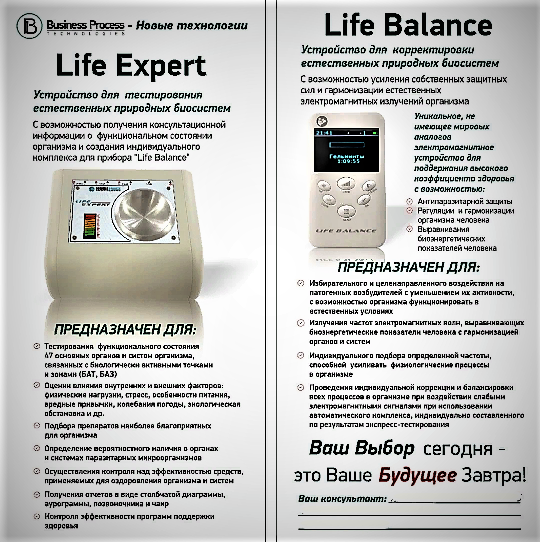
The experts identified five ways that respondents who achieved balance used in their lives:
-
They regularly took steps to correct the problems that stood in their way to balance. That is, at a certain point they "turned off" such settings as "I am a professional, so I must constantly work." At the same time, they tried to find out what is currently causing them stress.
-
After identifying the cause, they focused on their emotions. Tried to find out what they felt: anger, sadness, excitement.
-
They changed priorities, asking the question: "Is it really worth sacrificing personal time for the sake of overtime work?".
-
They tried to find alternatives. What can be changed in workflows to reflect the new priorities?
-
They made changes. For example, they asked their manager for more flexible approaches to work or decided not to take on every new project.

Everyone can use this algorithm, experts are sure. Following the five steps and constant self-examination helps to transform your professional life and adjust it to your personal life. “Awareness of your emotional state is essential to determine the changes you want to make in your work and in your life,” the study notes.
Integration of work and personal life instead of balance
Some experts generally believe that with the development of technology and the increasing dependence on them, it is becoming impossible to clearly separate work and home. Therefore, striving for balance does not make sense. In fact, only a few are completely disconnected from the Internet when they return home or go on vacation, as a result of which work-related responsibilities regularly spill over into their personal lives.
Today, experts are seriously talking about the need to gradually adapt to the integration of work and personal life. That is, get used to the unification of personal and work. These two areas should rather complement each other, and not compete, as before.
These two areas should rather complement each other, and not compete, as before.
This idea may seem exotic, but there are tangible benefits to such integration.
-
The ability to devote time and attention to all areas of life without sacrificing one for the other.
-
Perception of reality as such. If the separation of work and personal life becomes a goal, then any imbalance will greatly affect mood.
-
A new look at work. Integrating work and personal life can make everyday life less monotonous. Instead of counting down the hours until you can spend time with your family again, you can work from home and enjoy the presence of loved ones at the same time.
-
A good way to effectively prioritize. By mixing work and home duties, tasks can be managed according to individual needs. For example, you can work in the morning, then go to the gym, return to work again, then cook dinner for the family, and then complete tasks.


